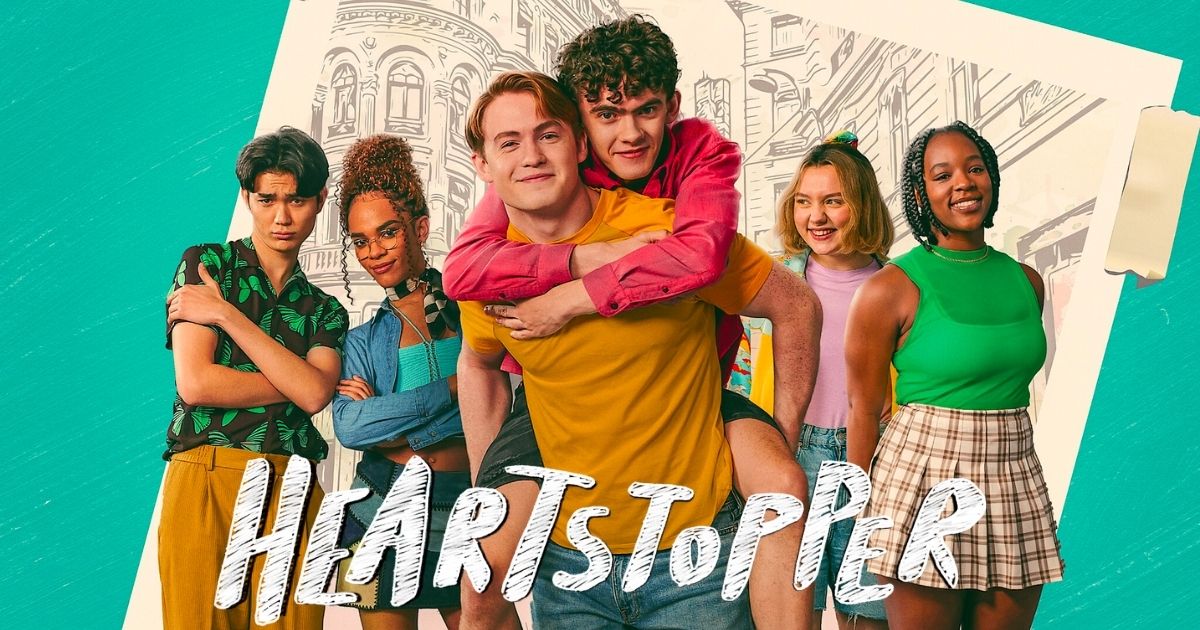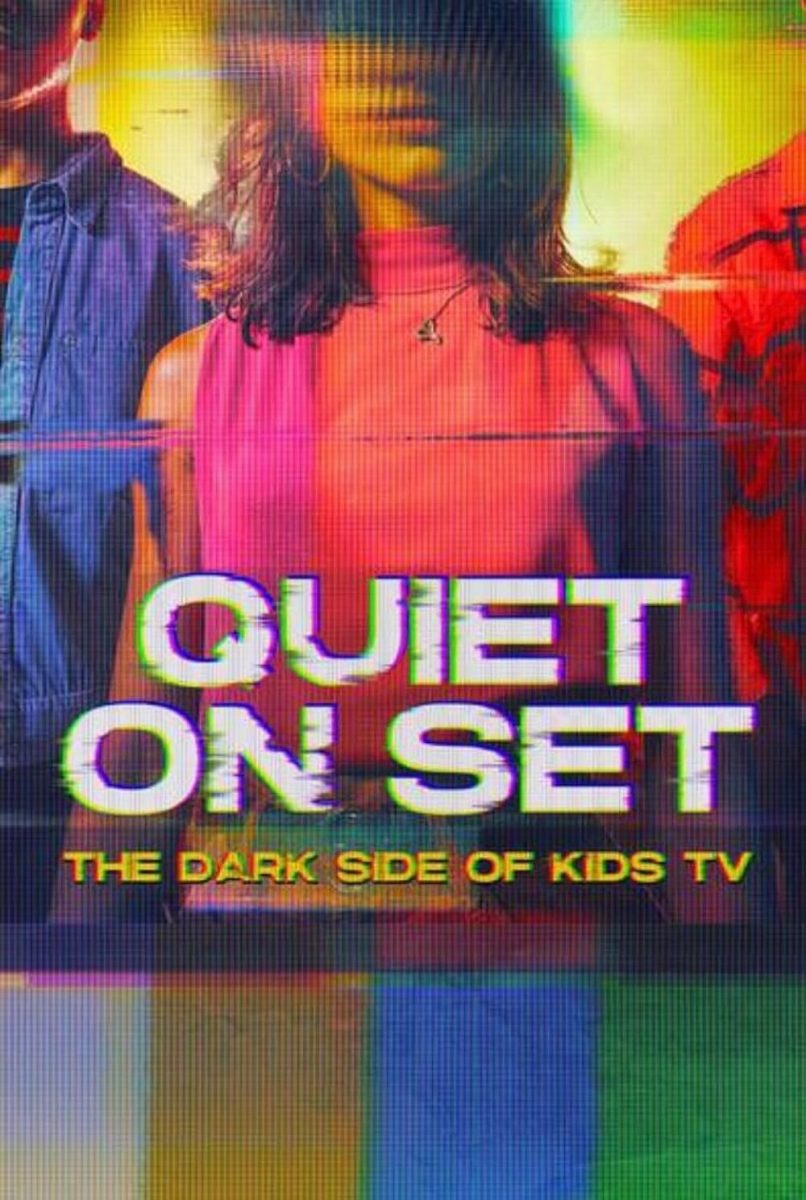
Contains spoilers for “Loki” season two (2023).
As Loki said in “Thor: Ragnarok,” “Your savior is here.” Truer words could not have been spoken.
“Loki” season two knocks season one out of the park in every way: character development, plot, cinematography and acting.
Since its initial premiere in 2021, the superhero series “Loki” continues to be produced as a standalone franchise, allowing it to shine independently from past Marvel Cinematic Universe (MCU) projects, resulting in a greater likelihood for future projects.
Season one attempted to define Loki’s potential, whereas season two delves into establishing who Loki is.
What I enjoyed about the season was how seamlessly everything is depicted. There are no dreadful filler episodes and every moment carries weight, leaving the audience with suspense and unanswered questions. The best part of watching was being able to form fan theories and find out which plot sequences stick at the end.
Tom Hiddleston’s latest portrayal of Loki differs vastly from his past performances in “The Avengers” and “Thor.” He dominates every episode, from the opening moment to his last appearance on screen. He conveys an authentic range of emotions, with viewers rooting for the antihero’s safety and success.
A central theme of the season is personal growth. Every character ends up in a much different place than where they started when they were first introduced in season one.
Mobius, the Time Variance Authority (TVA) agent played by Owen Wilson who sees something special in Loki and thus becomes one of his closest allies, has many great moments throughout the season. Some examples are when he finally rides a Jet Ski and the emotional moment he shares with Loki about how to choose who lives versus who dies. I’ve really grown fond of Mobius throughout the season, so I hope that fans get to see him reunite with Loki in the future.
Loki undergoes one of the largest character development arcs in the MCU.
He is and has always been many things: a misunderstood villain, a trickster and now — a hero.
Loki’s progression in season two diverts far from the MCU’s Sacred Timeline Loki, though there are a few similarities. Throughout the season, Loki is tested in his attempt to save the TVA for the sake of his friends, all while trying not to become a hero. But in doing so, he ultimately fails. He evolves into the protector and overseer of all the timelines, a “variant” role of He Who Remains, and assumes a new title: the God of Stories.
I found this perfectly fitting for his character, though I hope we get to see more of him in future projects interacting with characters from both his time at the TVA and on the Sacred Timeline, like Thor, which may be difficult if he’s tied to protecting all the timeline branches at the End of Time.
Nevertheless, I’m really satisfied with what season two brought for his character. The producers explored the intricate complexities of the TVA, the process of saving it and the duality of Loki’s characterization in ways that the MCU has never touched on before.
My favorite moments are arguably the most emotional and cinematic of the series. The second half of the season in particular exceeds the first half, with each episode managing to outdo the previous one.
When Loki and Mobius successfully bring Timely Victor to repair the TVA, he is immediately pulled apart into spaghetti-like strands. It happens so quickly and so suddenly that just as horror settles over the characters and viewers, the screen fades to black. Every character showcases horror and confusion, but Loki’s expression stood out the most to me: he truly conveys his fear of losing everything and everyone.
The same can be said for the ending of episode five, where Loki gains control of his time-slipping. It’s a truly heartening scene where the team starts falling victim to the MCU’s newest trend of “spaghettification” while Loki helplessly reaches out for the strands of his friends, trying but failing to grab hold of them. In a moment of desperation to save his friends, his intense emotions push him to gain control of his time-slipping.
The season’s last main plotline where Loki becomes the God of Stories became the most important scene for me.
The cinematography and acting were so compelling — I wondered how Hiddleston was able to pull off such a scene. Faced with the overwhelming ultimatum from He Who Remains, where his choice is between saving only the Sacred Timeline or risking everything, Loki has to decide what he’s going to do. After centuries of trial and error — with aid from Mobius and Sylvie, played by Sophia Di Martino — Loki decides to be the one to rewrite the story. He destroys the Temporal Loom, accessing more of his powers as new horns and a cape overcome him. I liked that the timelines all became green (his signature color) and made up the fabric of his cape (his signature look) as he stepped further into the End of Time, sparking the infinite timelines back to life before taking a seat on a throne — fulfilling his long-time desire.
It was refreshing to see Loki win; he saved his friends and the timelines, lived and, classically, got his throne.
I just wonder what this means for “Avengers: The Kang Dynasty,” since Mobius said that the TVA had to take care of a Kang variant near the 616 MCU timeline in the final episode. Hopefully, this is not the last time we see the former God of Mischief.
With a newfound role in the MCU, “Loki” successfully redefines the MCU’s superhero genre. It has introduced fresh potential for future projects through a story rooted in personal growth and emotional stakes.

















